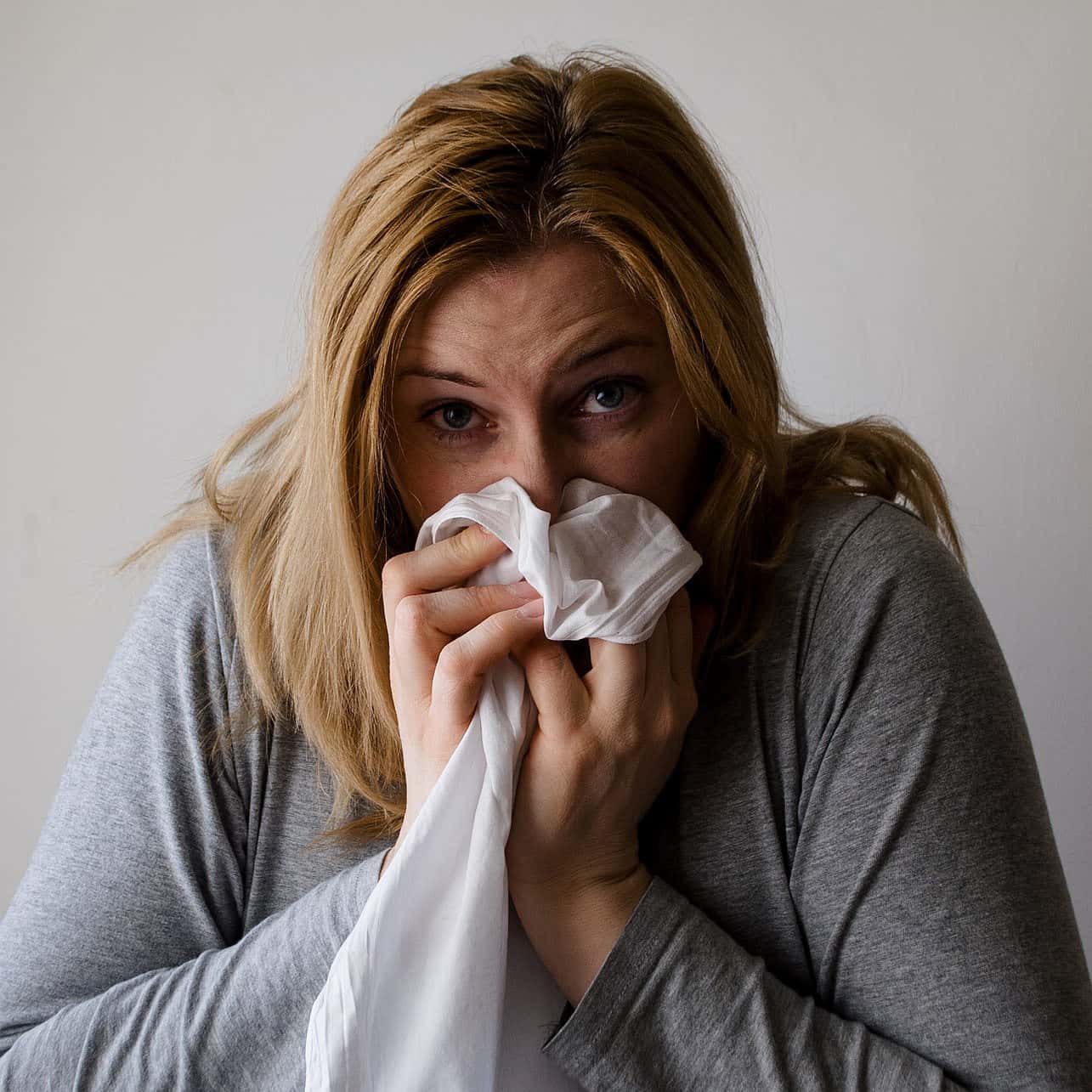
Our immune systems evolved to protect us against foreign invaders. We are surrounded by bacteria, viruses and fungi that can make us sick, so it’s helpful to have defenders constantly on the prowl, protecting us from danger. But immune system overdrive can cause trouble.
What Is Your Immune System Up to?
The trouble is that far too often our immune systems overreact. Germs aren’t the only invaders. At certain times of year, pollen is everywhere. For some people pollen sets off internal alarm systems that make them miserable.
Others react to mold and mildew, animal dander, dust mites or dozens of other allergens. Such substances trigger inflammatory cascades that can lead to sneezing, congestion, itching, runny noses, coughing and red eyes.
Mast Cells and Antibodies:
After the immune system recognizes an invader such as mold spores, it cranks out antibodies called immunoglobulin E, or IgE. These antibodies fit onto special receptors on the surface of mast cells, which then go on alert. They secrete chemicals like histamine and kinins that trigger production of many inflammatory compounds.
This kind of inflammatory response may be useful against bacterial invaders, but in the case of allergy, immune system overdrive just results in misery. People suffering from allergies are often tired and irritable. They may have trouble sleeping, and reaction time, memory and concentration may be impaired.
How Do Antihistamines Work?
Unfortunately, the antihistamines people frequently take to control their allergy symptoms may also make them dangerous behind the wheel. Cognitive tests and studies of driving ability in traffic indicate that certain antihistamines may impair driving significantly (Journal of Investigational Allergology and Clinical Immunology, vol. 16, supplement 1, 2006).
One compound that is especially notorious in this regard is diphenhydramine (DPH), found in Benadryl, some house-brand allergy pills and many nighttime pain relievers such as Tylenol PM. Such drugs have strong anticholinergic activity. One study found that DPH “had a greater impact on driving than alcohol did” (Annals of Internal Medicine, March 7, 2000). Although DPH causes drowsiness, drivers could not judge their level of impairment based on how sleepy they felt.
DPH is not the only problem. One review of 16 double-blind studies evaluating driving found that many other antihistamines also interfere with drivers’ performance, although the amount of impairment is more variable with newer drugs (Annals of Allergy, Asthma and Immunology, March 2005). One Japanese study found that levocetirizine (Xyzal) and fexofenadine (Allegra) did not impair performance in a driving simulator, while DPH caused significant impairment (Inami et al, Human Psychopharmacology, May 2016).
What Else Can You Do for Immune System Overdrive?
What other options do allergy sufferers have? One is a preventive medication that calms mast cells down before they start causing trouble. It is available over the counter as NasalCrom nasal spray, but it must be used regularly, three or four times a day.
Steroid nasal sprays also soothe symptoms by reducing inflammation. Products such as Beconase, Flonase, Nasonex or Rhinocort are less likely to cause the serious problems linked to oral cortisone-type drugs. Chronic use can lead to some problems, however.
Home Remedy for Allergies:
A low-tech approach for allergies is nasal irrigation. Washing out nasal passages with a saline rinse (NeilMed is one such product) can be helpful. Other people use neti pots for these rinses.
One reader says,
“I have always had sinus and allergy problems, especially in the spring. A few years ago I started using saline nasal rinses, and that has changed my life!”
Revised 8/21/17

